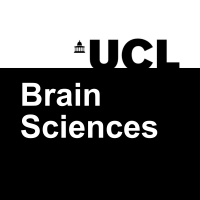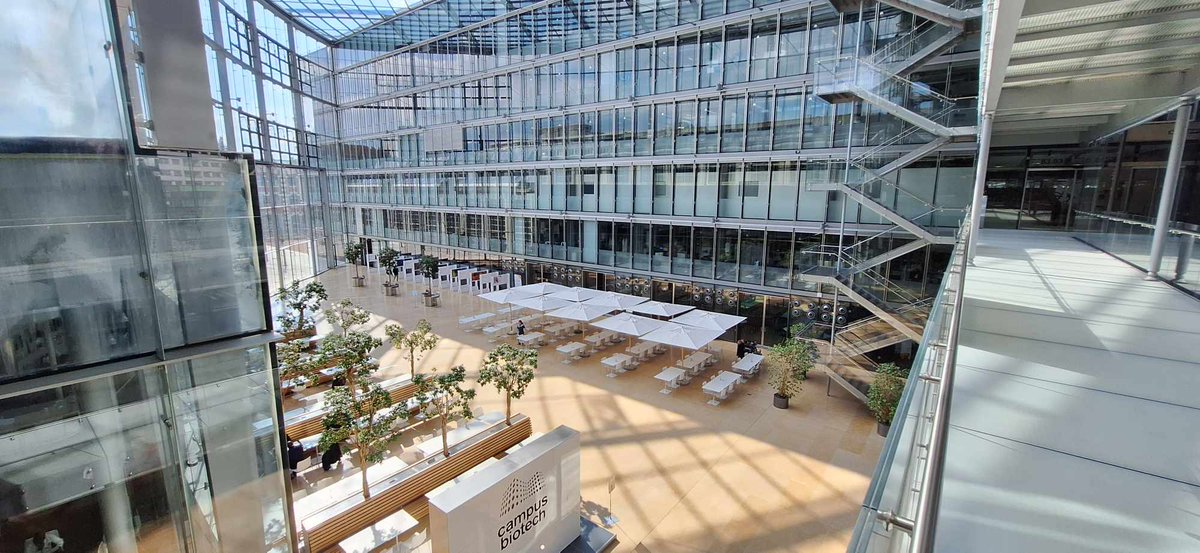
Max Planck UCL Centre for Computational Psychiatry
@mpc_comppsych
Max Planck UCL Centre for Computational Psychiatry and Ageing Research. Home of the Comp2Psych Research School.
ID: 983611802687758336
https://www.mps-ucl-centre.mpg.de/en 10-04-2018 07:45:03
524 Tweet
4,4K Takipçi
70 Takip Edilen

Disinformation is often considered one of the biggest threats to open societies, but how does it shape our beliefs and behaviors?🗞️🤔 Check out my very first paper with Ray Dolan and Rani Moran researchsquare.com/article/rs-446…

Momentary shifts in mood, even those lasting just a matter of seconds, profoundly alter the brain’s response to pleasurable experiences in people with bipolar disorder, finds a new study led by Dr Hestia Moningka and Liam Mason UCL Psych & Lang Sci UCL Brain Sciences ucl.ac.uk/news/2024/jun/…

Very much looking forward to talking about my work (and receiving this fabulous award) on Tuesday in Vienna! 🧠🥂🥳 FENS FENS Kavli Network Faculty of Medicine Tuebingen TübingenNeuroCampus Universität Tübingen Max Planck UCL Centre for Computational Psychiatry


MPC recruiting one Research Assistant! Join Quentin Huys team to work on the RELMED project! Apply by 4th July 2024 here: tinyurl.com/5b6934m8.


Excited to announce a postdoc position to use EEG+RL to identify specific mechanisms of different antidepressants within a large clinical trial tinyurl.com/4nuv6pvu. Come work with a super team acplab.org. @UCL UCL Psychiatry Wellcome UCL Queen Square Institute of Neurology Max Planck UCL Centre for Computational Psychiatry

The Max Planck UCL Centre for Computational Psychiatry and Ageing Research Max Planck UCL Centre for Computational Psychiatry UCL Brain Sciences has been renewed for another five years, allowing its frontier research on psychiatric disorders and cognitive development to continue until 2030 ucl.ac.uk/news/2024/aug/…


Our work highlights altered information integration as a potential driver of indecisiveness. Huge thanks to everyone involved in the project: Magda, Nadescha Trudel , Gita Prabhu, Laurence Hunt Michael; mastodon: @[email protected] & Ray Dolan Universität Tübingen TübingenNeuroCampus Max Planck UCL Centre for Computational Psychiatry UCL Brain Sciences

People with poorer mental health are more prone to browsing negative content online, which further exacerbates their symptoms, finds a study by Prof Tali Sharot and Chris Kelly affective.brain UCL Psych & Lang Sci Max Planck UCL Centre for Computational Psychiatry ucl.ac.uk/news/2024/nov/…


Our paper on how people form self-beliefs about their performance in relation to transdiagnostic anxiety and depression symptoms now out in Nature Communications @smfleming Quentin Huys Max Planck UCL Centre for Computational Psychiatry University of Copenhagen Research nature.com/articles/s4146…

New research from Max Planck UCL Centre for Computational Psychiatry reveals that underconfidence is linked to anxiety and depression, while overconfidence is linked to compulsivity. Understanding these connections can help improve mental health treatments. UCL Queen Square Institute of Neurology buff.ly/Zj2h1Hv

Fantastic results for Marco K Wittmann and @cormacdbskysocial on their work supported by Max Planck UCL Centre for Computational Psychiatry and Ageing Research and COMP2PSYCH!!

After 5 wonderful years Hummel Lab, tomorrow will be my last day at EPFL Sad to leave my amazing colleagues Neuro-X Institute but also looking forward to my next adventure as a Swiss National Science Foundation mobility fellow at UCL Max Planck UCL Centre for Computational Psychiatry and Imperial College London with Ray Dolan and nir grossman


Ulman Lindenberger, Director of the Center for Lifespan Psychology (Center for Lifespan Psychology (MPIB, Berlin)), has been elected to the Royal Society (The Royal Society) for his significant contributions to the psychology of the lifespan. Congratulations! tinyurl.com/m2tb2fep



